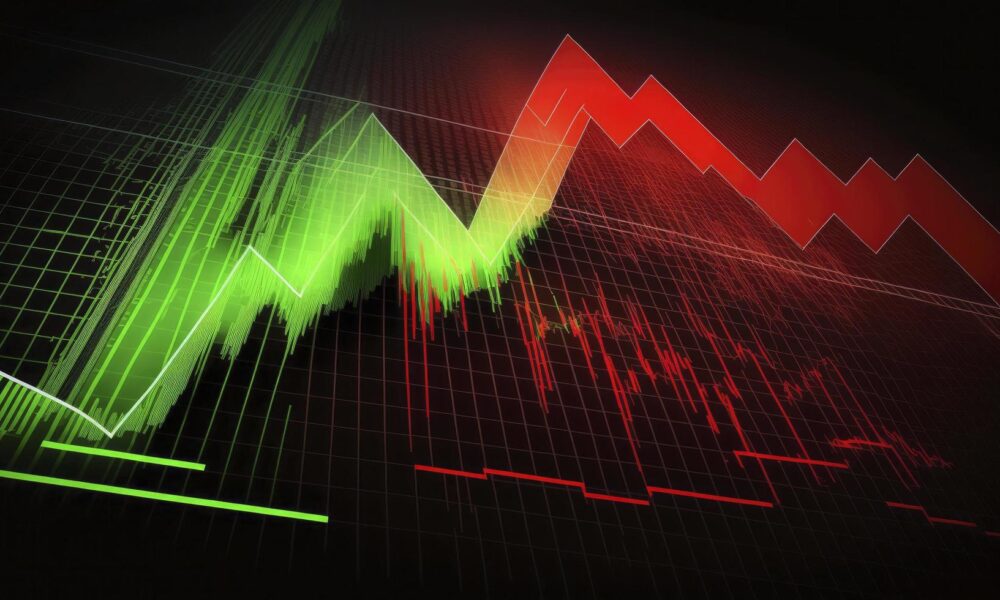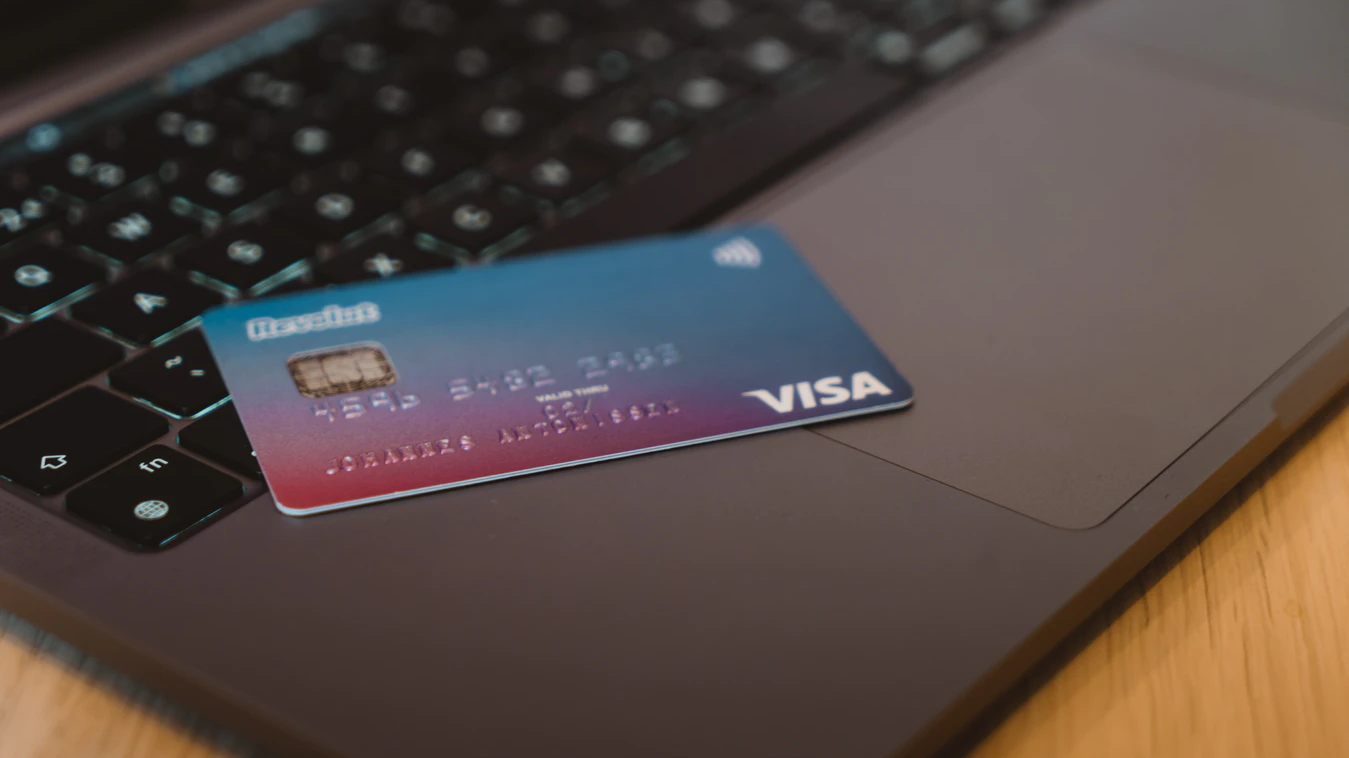« Morocco has the capacity to provide 50 % of the electricity that Europe needs, and at competitive prices“, Assured Ryad Mezzour, Moroccan Minister of Industry and Trade, in the Italian daily The truth. With its generous sunshine, the winds from the Atlantic and a cable already connected to Spain, the kingdom is seen in the future pillar of the energy transition of the old continent. It is true that the potential displayed impresses: up to 1,600 annual production terawatt hours, the equivalent of half the consumption of the European Union.
XXL ambitions for green energy
All this makes foreign investors salivate. No less than 40 projects related to green hydrogen await validation, which shows the international craze for the energies of Morocco. The country highlights several concrete examples: the gigantic Noor Ouarzazate solar complex, capable of fueling more than a million people, or the Draa-Tafilalet project, a network of solar power plants of 400 megawatts. The objective is to bring the share of renewable energies to 52 % of national electricity production by 2030.
But behind the grandiloquent announcements, the current figures temperate enthusiasm somewhat. Morocco today produces around 42 terawattheures per year, far from the 1,600 aims. This is because there are obstacles on the road: transport infrastructure to build, limited storage capacities, colossal investments to be expected. In addition, there are sensitive political issues: the European Union already depends largely on Morocco for its agricultural exports and migratory agreements.
Entrusting Morocco so much with European electricity could increase the imbalance, and this is a risk. Recent history also provides a warning: the Desertec project, imagined in the 2000s to feed Europe thanks to North African deserts, collapsed in the face of regional costs and tensions.
Beyond its ambitions in Europe, the Moroccan government also highlights domestic interest. According to Ryad Mezzour, the boom in green energies should make it possible to ensure 100 % of drinking water needs and 80 % of agricultural irrigation by 2030, regardless of the rains. Another weight argument: green electricity would already be cheaper than fossil fuels, a crucial advantage for a country that matters all its oil and gas.
For the country’s industry, it involves changing massively towards a production fueled by solar and wind. “” It is of our interest that our entire industry adopts renewable energies as quickly as possible “Insists the Minister. The fact remains that, for experts, priority should be elsewhere: before you dream of Europe, Morocco would mainly gain its own transition and aim for energy self -sufficiency.
🟣 To not miss any news on the Geek newspaper, subscribe to Google News and on our WhatsApp. And if you love us, .











